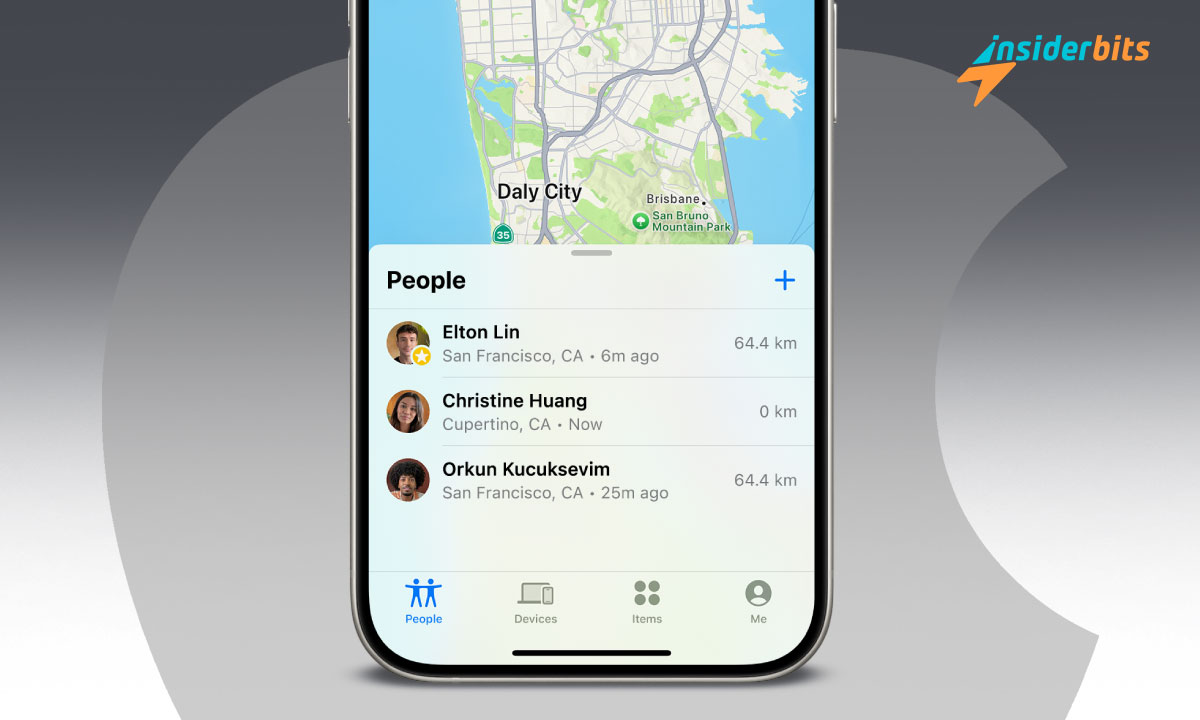When it comes to checking car data using a license plate in Alabama, understanding the regulations and legal framework is crucial.
The process of accessing vehicle information through license plates is governed by specific laws and guidelines to ensure privacy and data protection.
By delving into Alabama’s regulations on license plate searches, individuals can navigate the complexities of obtaining vehicle data while adhering to the state’s legal requirements. That’s why Insiderbits will explore this subject in the following topics:
Car Data by License Plate: Alabama’s Regulations:
In Alabama, the regulatory framework governing the use of license plate data for vehicle checks is comprehensive and aligns with state laws and privacy regulations.
The process involves verifying insurance status before each license plate transaction, with officials required to ensure compliance with mandatory liability insurance laws.
Failure to respond to state requests for insurance information can lead to license plate suspensions until insurance verification is provided.
Additionally, Alabama law mandates that vehicle owners maintain current registration and insurance in their vehicles at all times, with specific requirements for new vehicle purchases and state-to-state transfers.
The state also employs Automatic License Plate Readers (ALPRs) to capture plate numbers, locations, dates, and times, emphasizing the importance of data protection and legal compliance in handling license plate information.
Car Data – Alabama’s Guidelines:
To access car data through license plate checks in Alabama in accordance with state guidelines, the process involves specific steps to ensure compliance with regulations and privacy laws. Here is a guide tailored to Alabama’s state guidelines:
Verification of Insurance Status:
- Before conducting any license plate transaction, it is mandatory for license plate issuing officials to verify the insurance status of vehicles as per Act 2011-688.
- Utilize ALVerify for insurance verification, requiring the presentation of valid, unexpired out-of-state driver licenses or non-driver IDs during each transaction.
- Non-compliance with state requests for insurance information can result in license plate suspensions until proper insurance verification is provided.
Vehicle Registration Requirements:
- Alabama law stipulates that vehicles must carry current (unexpired) registration and insurance documentation at all times.
- New vehicle owners have a 20-day window to purchase a license plate, while new residents have 30 days to transfer out-of-state registrations to Alabama.
- Different registration scenarios require specific documentation, such as for newly purchased vehicles or state-to-state transfers involving lienholders.
Reinstatement of License Plates:
- In cases of license plate suspension due to Mandatory Liability Insurance (MLI) violations, reinstatement necessitates providing proof of insurance from the requested date along with current proof of insurance.
- Reinstatement fees after the first offense amount to $200, increasing to $400 for subsequent offenses, with payments required in cash.
Authorized Access and Data Protection:
- Access to car data through license plate checks is tightly regulated to ensure adherence to legal requirements and privacy regulations.
- Automatic License Plate Readers (ALPRs) are used to capture plate numbers, locations, dates, and times, highlighting the significance of data protection and legal compliance.
- Alabama license plate search services strictly adhere to regulations, displaying only information permitted by law, with limited exceptions for specific circumstances.
How to Check Car Data by License Plate In Alabama?
To check car data by license plate in Alabama, follow these steps:
Visit a Reputable Online Service: Access a trusted online service like the Alabama Department of Revenue, that offers license plate lookups for Alabama vehicles, ensuring the service complies with state regulations and privacy laws.
Enter License Plate Information: Input the license plate number of the vehicle you want to check into the designated search field on the online platform.
Review Search Results: After entering the license plate number, review the search results provided by the online service, which may include details about the vehicle’s history, ownership, and registration status.
Verify Vehicle Information: Verify the vehicle information retrieved from the search results, ensuring it matches the details you have about the vehicle in question.
Check for Additional Data: Look for additional data such as vehicle history, title status, lien records, registration information, factory specifications, accidents, traffic violations, and more to gain a comprehensive understanding of the vehicle’s background.
Understand the Results: Interpret the information obtained from the search results, including any alerts for stolen vehicles, liens, recalls, or other important details that may impact your decision.
Utilize VIN Lookup for More Details: If necessary, use the VIN (Vehicle Identification Number) provided in the search results to conduct a more in-depth investigation into the vehicle’s history and potential issues.
Ensure Legal Compliance: Confirm that the online service you are using adheres to legal requirements, including the Driver’s Privacy Protection Act (DPPA) and state laws governing access to vehicle information.
Check Car Data by License Plate: Alabama’s Regulations – Conclusion
Checking car data by license plate in Alabama is a valuable tool that contributes to safer roads, informed decision-making, and compliance with state regulations.
By leveraging this resource responsibly, residents can make confident choices when purchasing used vehicles and protect themselves from potential issues or scams.
مثل هذه المقالة؟ أضف مدونة Insiderbits إلى مفضلاتك وقم بزيارتنا متى أردت التعرف على معلومات جديدة ومثيرة حول التكنولوجيا وغير ذلك الكثير!





